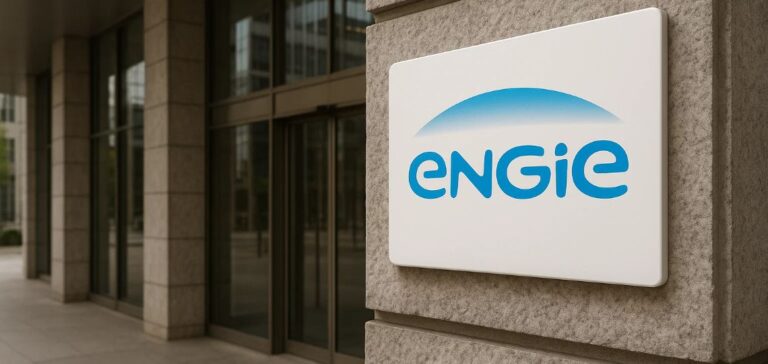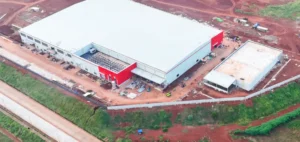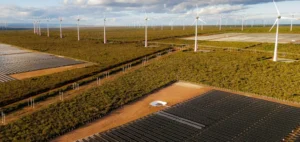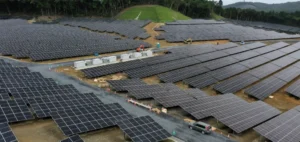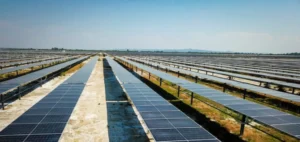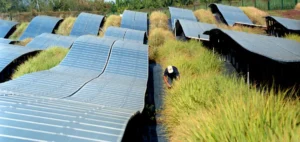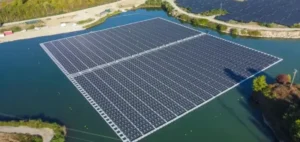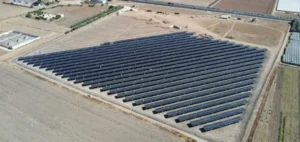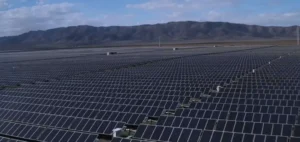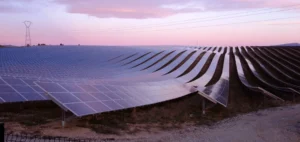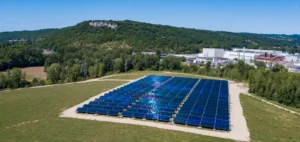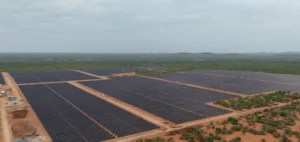Engie has decided to abandon its hybrid solar farm project in Yass, New South Wales, following objections raised by a local community group. The initial proposal involved a 100-megawatt (MW) solar farm combined with a 250 MW / 500 megawatt-hour (MWh) Battery Energy Storage System (BESS), located near the town’s existing substation. The site, situated along the main transmission line between Sydney and southern New South Wales, presented a strategic location for grid infrastructure.
However, the visual impact of the planned 220,000 solar panels, which would have been visible across slopes with no natural screening, prompted residents to form the Yass Solar Action Group. This collective led a successful local campaign against the project, ultimately leading the developer to withdraw.
A smaller-scale alternative under consideration
Engie told Renew Economy that it had taken community feedback and technical constraints identified in early assessments into account. A spokesperson said: “We understand the importance of genuine community engagement and have listened carefully to the concerns raised by residents in Yass.” The company is now exploring the option of building only a battery system, occupying between 10 and 20 hectares of land, compared with the roughly 350 hectares the original project would have required.
The initial design included a direct current (DC) connection between the solar farm and the battery, allowing excess energy produced during the day to be stored and dispatched during evening peak demand. This type of configuration is already operational at the Cunderdin project in Western Australia.
Financial conditions and local expectations
The proposed development would have covered up to 340 hectares, with 186 hectares directly used for infrastructure. The Yass district council had anticipated the project’s impact by requiring the establishment of a Community Enhancement Fund equal to 1% of the total project cost, to be paid either upfront or annually over the life of the project.
Engie had also proposed offering electricity bill discounts to neighbouring residents, similar to the $1,000 annual reductions introduced for its The Plains wind farm project in 2024. However, the scaled-down battery-only project may limit the number of households eligible for such benefits.
Implications for regional planning
The Yass site had previously been the subject of a solar project proposal. In 2020, the company Tetris Energy submitted plans for an 80 MW solar farm and a 20 MW BESS. That initiative also failed to proceed. Energy consultant Stephanie Bashir argues that developers’ groundwork should be integrated into broader regional planning processes.
“The Yass outcome is a good example of why developers need to engage earlier in the design of renewable energy zones and site selection,” she told Renew Economy. She added that the current lack of coordination between commercial projects and public planning hinders the efficiency of energy network development.


